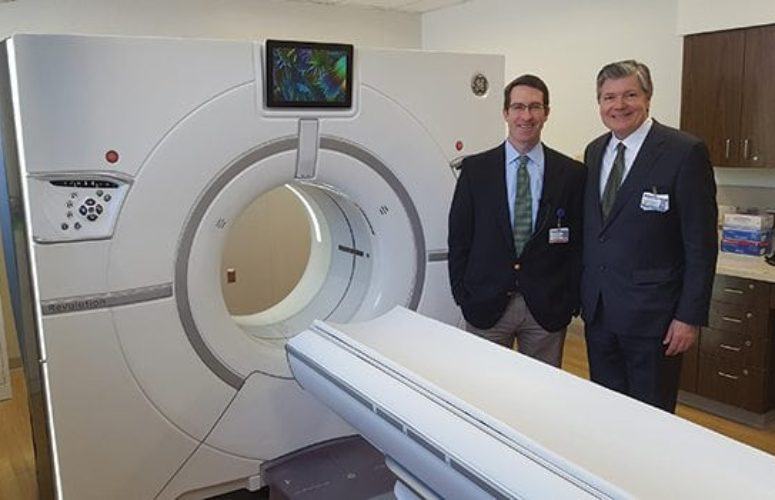
Illinois Surgical Quality Improvement Collaborative and Pacira Pharmaceuticals, Inc. Announce Collaboration to Minimize Opioid Exposure for Postsurgical Patients
On Dec 14, 2017The Illinois Surgical Quality Improvement Collaborative (ISQIC), a nationally recognized partnership of 56 Illinois hospitals, and Pacira Pharmaceuticals, Inc., a specialty pharmaceutical company with an office in Parsippany, announced an initiative to jointly develop programs and resources that will support best practice pain management prescribing for surgical patients throughout the State of Illinois. The focus of the initiative is to develop and provide intensive, interactive educational tools for hospitals in order to improve adherence to evidence-based best practices for perioperative pain management.
ISQIC and Pacira will work in collaboration to minimize opioid prescribing across the spectrum of surgical care by focusing on four key elements, namely: setting appropriate pain management expectations preoperatively; patient assessment, including screening for addictive behavior; optimizing perioperative pain control while minimizing or eliminating opioid use; and weaning patients from opioids as early as possible.
“This collaboration is a great opportunity to impact opioid prescribing in surgical care. We are excited to develop and implement critically-needed educational tools that will improve pain management prescribing throughout the Illinois Surgical Quality Improvement Collaborative,” said Karl Bilimoria, MD, MS, a surgical oncologist and director of the Illinois Surgical Quality Improvement Collaborative.
“A surgical encounter is often the first time a patient is exposed to opioids, and it therefore represents an opportunity for us to assure that patients receive adequate education about the risks involved in taking opioid medications and about safe storage and disposal practices,” said Jonah Stulberg, MD, PhD, a general surgeon leading the opioid reduction initiatives for ISQIC.
In Illinois alone, of the 2,278 statewide drug overdose deaths that occurred during 2016, over 80 percent (or 1,826 occurrences) were opioid-related fatalities. According to a recent JAMA Surgery study, more than two-thirds of postsurgical patients report unused prescription opioids—and the majority indicate that these medications are neither safely stored nor disposed of—suggesting a dangerous accumulation of opioids in the home, which are available for potential diversion or misuse. Therefore, surgeons have the opportunity to make a substantial impact on the opioid crisis and the health of their patients by minimizing opioid prescribing in the perioperative period and by providing adequate patient education.
“We look forward to collaborating with ISQIC on this joint commitment to decrease postsurgical reliance on opioids, and ultimately improve the patient recovery experience,” said Dave Stack, chairman and chief executive officer of Pacira Pharmaceuticals. “We are hopeful that this comprehensive initiative, which encompasses presurgical consultation and assessment, patient and provider education, and the implementation of evidence-based protocols, will become a model for hospitals across the state of Illinois and beyond.”
Related Articles:





